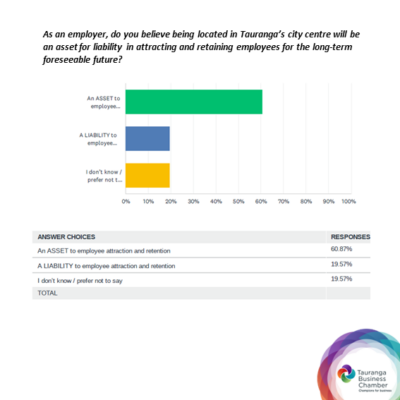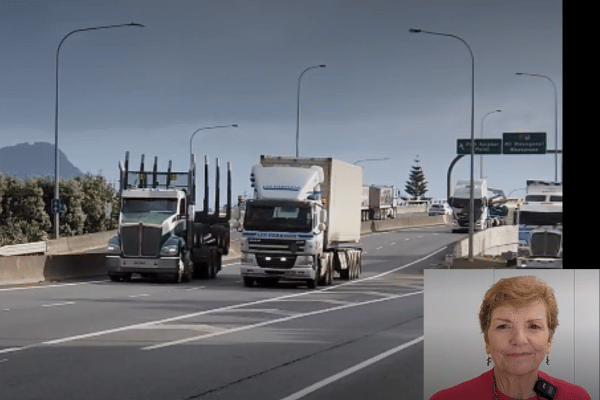Vehicle use policies: It’s one of those things you don’t know you need – until you need it.
If your business involves employees or contractors driving vehicles for business purposes, then it is important you have a clear and well-understood vehicle use policy in place, and that adherence to the policy is monitored and enforced.
Stephen Shaw, Senior Solicitor from Mackenzie Elvin Law, explains why it is important and provides some guidelines for creating your vehicle policy.
Business operators owe health and safety duties to their workers, as well as others whose health and safety could be affected. Having an effective and well-implemented vehicle use policy is a crucial part of complying with this duty.
These health and safety duties apply regardless of whether workers use company-provided vehicles, or drive their own personal vehicles. However, if personal vehicles are used, then the duties only apply when workers are driving for work purposes i.e. as a part of their role, rather than just commuting to/from work.
What should a vehicle use policy address?
The required scope and detail of a vehicle use policy will depend on the nature of the business operation. A vehicle use policy for a courier company will likely be more detailed than one for a business in which staff only drive occasionally.
The important thing is that the policy contains enough detail so that it can be said to have ensured, as far as reasonably practicable, the health and safety of workers and others while workers are driving for business purposes.
Therefore, at minimum, the policy should address:
- How the vehicles will be maintained, including regular safety checks at specified intervals
- Company expectations when staff are driving vehicles for work purposes i.e. following all driving laws, no drug/drink driving; no use of cell phones etc.
- Whether usage of the vehicles is monitored, and if so, what kind of monitoring will occur e.g. GPS, speed, location, dashcam
- The process for dealing with breaches of the policy, and what kind of disciplinary action could result. Although breaches will need to be dealt with on a case-by-case basis, very serious breaches of the policy should be considered serious misconduct and so warrant summary dismissal
- Where company vehicles are provided, whether these can be used for personal use, and if so, any rules or restrictions around personal use
- For businesses with staff driving regularly and as part of their core duties, any driver training or education to be provided, and any incentives provided to encourage safe driving; and
- Who is responsible within the business for actioning the policy, and monitoring compliance.
The policy could also address other practical matters such as cleanliness/tidiness of vehicles, responsibility for fuel costs etc. The environmental impact of vehicle use within the business, as well as any existing or future steps to address that impact, could also feature.

How should the policy be implemented?
As with the introduction of any new policy into your business, it is a good idea to consult with staff prior to finalising and implementing the policy. You could circulate a draft copy of the policy to staff and request their comments, or hold a staff meeting (or both!).
Any feedback provided by staff should be engaged with and considered prior to finalisation. Once the policy is in place, it’s important to ensure that operational practice accords with the policy – including taking disciplinary action against staff who do not comply with it. Allowing practice to deviate from the policy undermines its value, and potentially limits or removes the legal protection provided it provides, if an incident does occur.
The team at Mackenzie Elvin Law would be happy to assist with drafting and/or reviewing a vehicle policy for your business, or providing any advice required regarding implementation. We have specialist employment expertise within the firm, and can assist with the full range of employment issues, both contentious and business-as-usual.
Want more top tips, advice and insights? Check out our news section.
















































